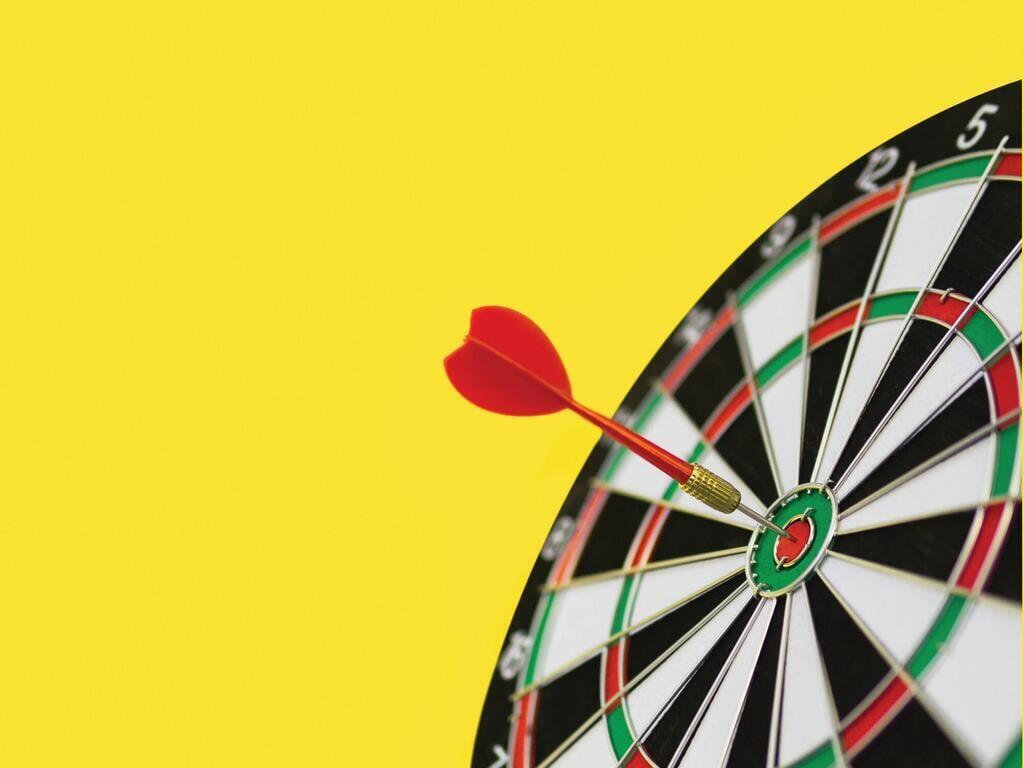Getting your Trinity Audio player ready...
A new year is the right time to introduce changes to our lives, that would make them better. Ynet collected some recent studies and recommendations that can be adopted, to head into the new year, a new and improved you.
Read more:
Think positively about the night before
If you wake up to realize that you've only had 5.5 hours of sleep and know that you will be tired for the rest of the day, you are not alone. According to the National Sleep Foundation, half of all Americans say that when they do not get at least seven hours of sleep at night, they feel fatigued. So, let's start with aiming for seven hours of sleep a night. Six at the very least.
But, researchers at Reykjavik University in Iceland, found that the quality of sleep is a factor that must be considered. In a study published in Emotion last July, they examined the connection between the attitude to sleep and its quality. They asked their subjects, men and women between the ages of 18 to 22, to keep a sleep journal and note down when they went to bed, when they fell asleep, when they woke up and when they left their beds.
They were also asked to rank their satisfaction with their sleep and describe how their day was, after each of the nights. They were told to describe their positive or negative feelings. At the same time. the researchers used technological means to monitor them while they slept, including their movements, sleep patterns and sleep cycles.
The data was collected over two weeks and after an analysis, the researchers found that when they compared the information gathered through their monitor and the subjective accounts noted by their subjects, there was not always a match.
They concluded that some of us use different means to measure our sleep and those have an effect on how we perceive our nights. We may wake up to use the bathroom or get a drink of water, and tell ourselves that the night was lost, and that would translate to feeling tired the next day.
The fix for the new year
First of all, make sure to prepare yourself for the night. Dim the lights in the earlier evening hours, make sure the temperature in the bedroom is comfortable, mute your phones, or better yet, leave them outside the bedroom. Then set realistic goals for how long you want to sleep. If your sleep is disturbed, try to think positively. Tell yourself that you probably already received the sleep that your body needed. Or, tell yourself you will get a better night's sleep the next day. This alone could make you more energetic and less grumpy in the morning.
Add exercise to your beauty regimen.
There are new studies all the time, telling us that exercise is good for our heart, our brain function and our weight but can it affect the quality of our skin?
A new study published in Scientific Report last June looked at the connection between resistance training and antiaging processes of the skin. Researchers from the Kyoto University in Japan looked at 56 female participants who were divided into two groups. One group was asked to do an aerobic workout for 30 minutes twice a week and the other was asked to do a resistance workout that included weight lifting, for the same amount of time.
During the 16 weeks of the trial, the researchers measured the participant's facial skin for elasticity, gene regeneration, and skin regeneration.
Their results showed that both groups exhibited better elasticity and regeneration including increased collagen production but the group that had had the resistance regime had better results in skin thickness and strength
The fix for the new year
If you have not yet incorporated resistance into your exercise plan do so. If weights are not your thing, try yoga or pilates. Ask a trainer to suggest something suitable for you. Just get up off your chair.
Train your brain.
Memory remains a mystery for scientists. Thousands of studies tell us how we can improve it. Among the most recommended mind exercises are crossword puzzles or learning a new language but there is another way, and it requires little effort on our part.
Research shows that 11.1% of Americans in the United States and in the West suffer cognitive loss that is exhibited in reduced memory. In the past, studies showed music or smell were external factors, but a study by The University of California, Irvine that was published last July in Frontier in Neuroscience included 43 subjects aged 60 to 85 who were divided into two groups.
The first group was exposed to one out of seven different aromatic oil scents for a two-hour duration every night for six months. The scents were diffused into the room through a diffuser. The second group was only subjected to minor amounts of the scents. The subjects were subjected to an fMRI, memory tests, examination of their sense of smell they were evaluated to determine if they were depressed.
The study found that all parameters in both groups showed a distinct improvement but the group that was exposed to the aromatic scents showed twice the improvement in memory, compared to the other group. The study concluded that aromatic oils play a major part in improving memory and confirms earlier studies, including one conducted in Germany in 2018, that found that smelling aromatic oils improves verbal abilities and reduces depression.
This study is limited and there must be more research done on larger groups, however, it does prove that the use of aromatic oils and scents helps reduce tension and respiratory system problems
The fix for the new year
Go out and get a variety of pleasant-smelling aromatic oils and switch them around in your diffuser daily. Rose, orange Eucalyptus, lemon, mint, lavender, and rosemary, were all used in the study.
Personal growth
Coaching is a method of assisting us to reach life goals through encouragement, motivation and with the use of other tools to overcome obstacles and better manage our lives. The technique first appeared in the late 18th century and is today used mostly to improve economic well-being, romance, family life and more.
There are many approaches in coaching but one of the most used, is to first concentrate on a problem and learn how to use self-criticism, to identify what we are doing wrong. But now it appears that our brains function differently and the conservative approach may not be the right one.
A new study published in Frontiers looked at presumptions based on past research, that there is an inner conflict between the "ideal me" and the "real me," and sought to understand how a conservative technique of coaching succeeds compared to newer approaches.
They asked 47 students to have a number of classic coaching sessions concentrating on the "real me," and then submit to an fMRI. They found that concentrating on ourselves and our problems can cause our brain to "close" and impair our ability to solve our problems and move on. The approach that concentrates on the "ideal me" bolsters our character traits and allows our brains to open up to change.
The researchers said their study showed the importance of how we regard ourselves. They claimed it was important to concentrate on what we want to improve in our lives and to view those challenges as opportunities rather than problems.
The fix for the new year
Coaching can certainly bring advancement and improve lives but if we choose that route, we must first be sure our coach will teach us to see our strengths rather than our weaknesses.
Kick the addiction to social media
Much has been said about the damage caused by too much time on social media, to our self-image, our sight, our posture and even our immune system. The blue light emitted from our devices has been proven to disrupt our sleep.
Among strategies that have been suggested, were leaving our phones out of the bedroom and digital detox days without social media at all. But we still struggle to keep away.
A recent study by a British group of researchers that was published in the Journal of Technology in Behavioral Science, gathered 50 students ages 18 to 30 and divided them into three groups.
The first group was asked not to change their practices. The second group was asked to reduce the time spent on social media by just 15 minutes a day. The third group was asked to cut 15 minutes a day from the use of social media but replace that time with another activity.
Before beginning the three-month experiment and at its conclusion, the participants were asked to fill out a number of questionnaires: an addiction to social media questionnaire, a lifestyle questionnaire and one that examined the participants' immune system.
The third group, which replaced 15 minutes on social media with another activity, failed miserably and was unable to complete their task. The second group that was just asked to cut 15 minutes a day from their time on social media, succeeded beyond expectations and was on average off the platforms for 37 minutes a day. All parameters tested also showed an improvement.
Unlike other studies, this one provides simple practical tools for immediate improvement and mitigation of the damage caused by the overuse of social media. Although more research is needed, this limited study bolstered the findings in earlier ones that showed how reducing the use of social media could be a contributing factor in all aspects, ranging from a better quality of sleep to a lower risk of depression.
The fix for the new year
For starters try to gauge how long you actually spend on social media. It's easy with the use of certain available apps. Then cut 15 minutes off that time and see what effect it has on you. For a better chance of success, cut the time off your late-night surfing.






